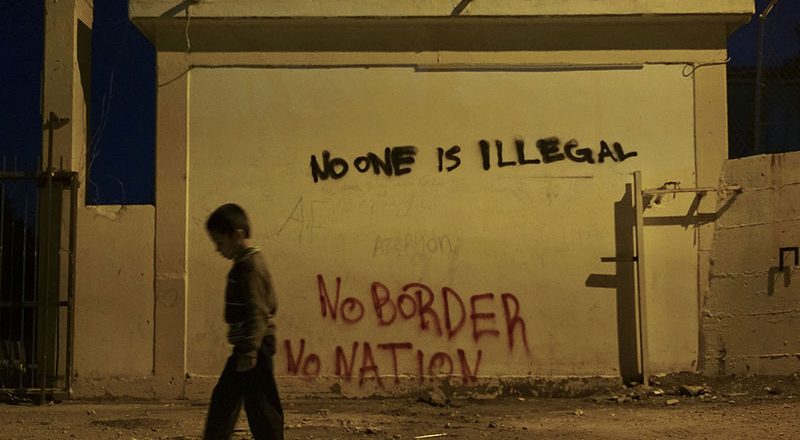
NGOs and UNHCR accuse Greece of illegally deporting refugees crossing from Turkey
Representing the office of the United Nations High Commissioner for Refugees (UNHCR) in Fylakio’s detention camp in Greece, Margaritis Petritzikis has submitted a considerable number of “pushback” cases in the last few years. In 2018, 300 “pushbacks”, a practice considered illegal by international law that consists in deporting refugees to the other side of the border, in this case, the Greek-Turkish border, have been reported by the UNHCR. The Evros River acts as a natural barrier along 194 of the 206 km of land border between Turkey and Greece. The agreement signed between the EU and Turkey in 2016, which allows the return of those migrants who arrived irregularly by sea, is not valid here. It is the bilateral return agreement signed between Turkey and Greece that applies in this area. In 2018, this bilateral agreement was frozen due to the crisis of the Turkish officers who fled to Greece on the night of the failed 2016 military coup. Therefore, the number of arrivals through this route has increased in recent years (in 2018 there were 18,014, 35% of the total number of refugees and migrants who arrived in Greece, according to UNHCR data). The pushbacks are prohibited by law: the regulations require that they first be identified, and, if applicable, allowed to submit a request for asylum. But here refugees are arrested the minute they are spotted and returned within hours to Turkey. This is also the case even if they are granted papers from the UNHCR and Greek police. The Greek government, the Public Order and Migration Ministries and regional police reject these severe human rights and international law violations stating that they respect the law and remind that it is also the EU border.
- The Euromed news are edited by the team of the Euro-Mediterranean Policies Department of the European Institute of the Mediterranean -


